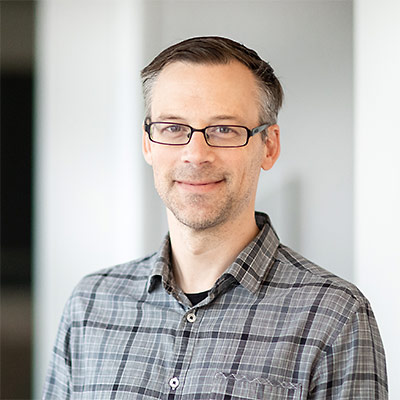Ionida Costache Awarded 2019-2020 Breslauer, Rutman And Anderson Research Fellowship
Ioanida Costache, a PhD Candidate in Music at Stanford University, has been awarded the 2019-2020 Breslauer, Rutman and Anderson Research Fellowship at the USC Shoah Foundation Center for Advanced Genocide Research.
